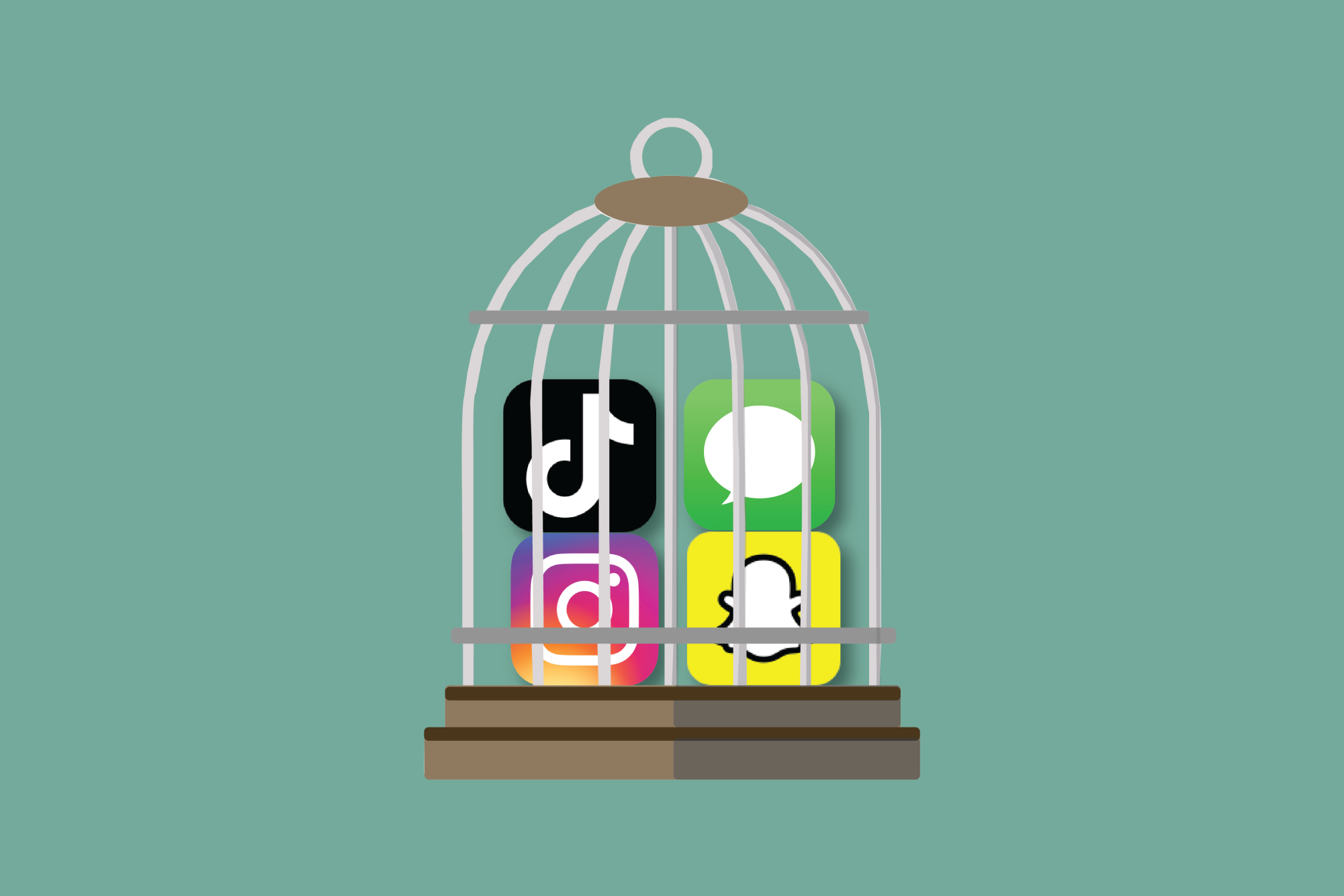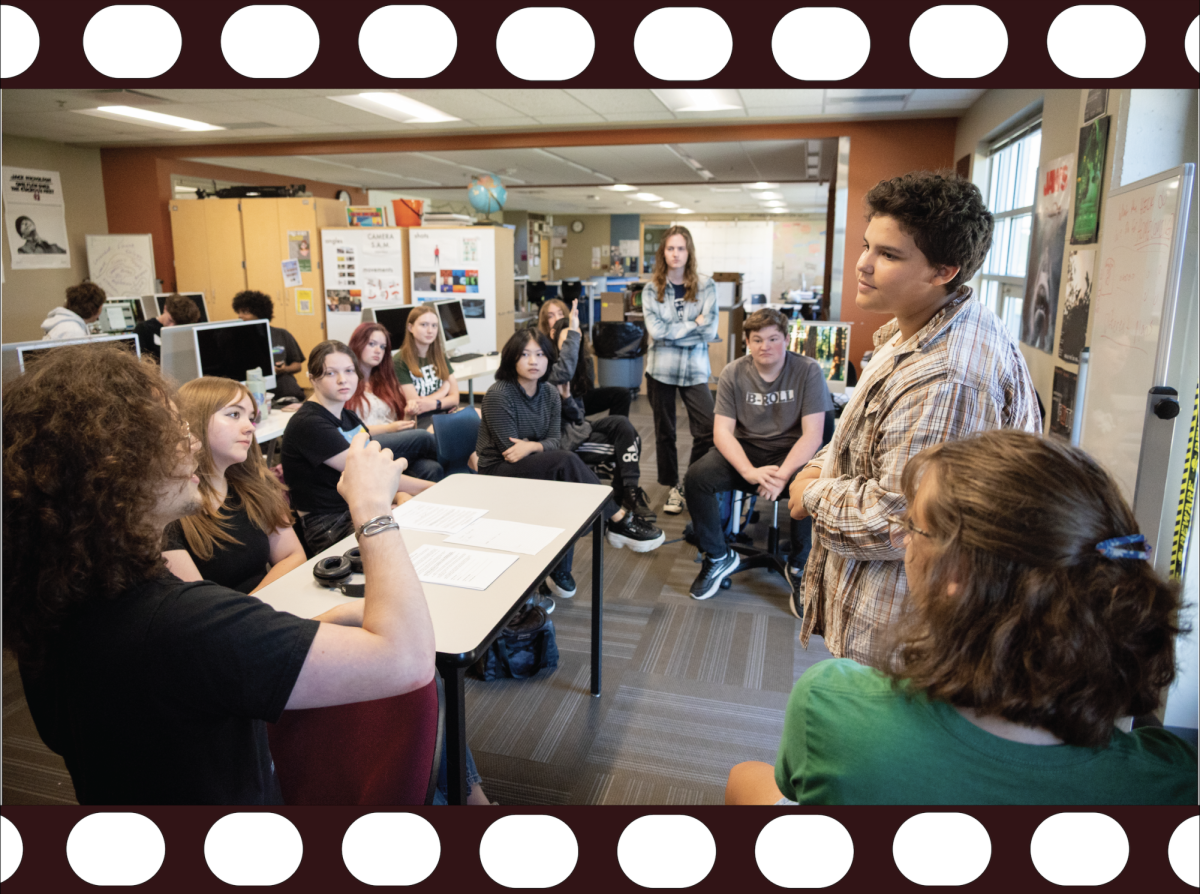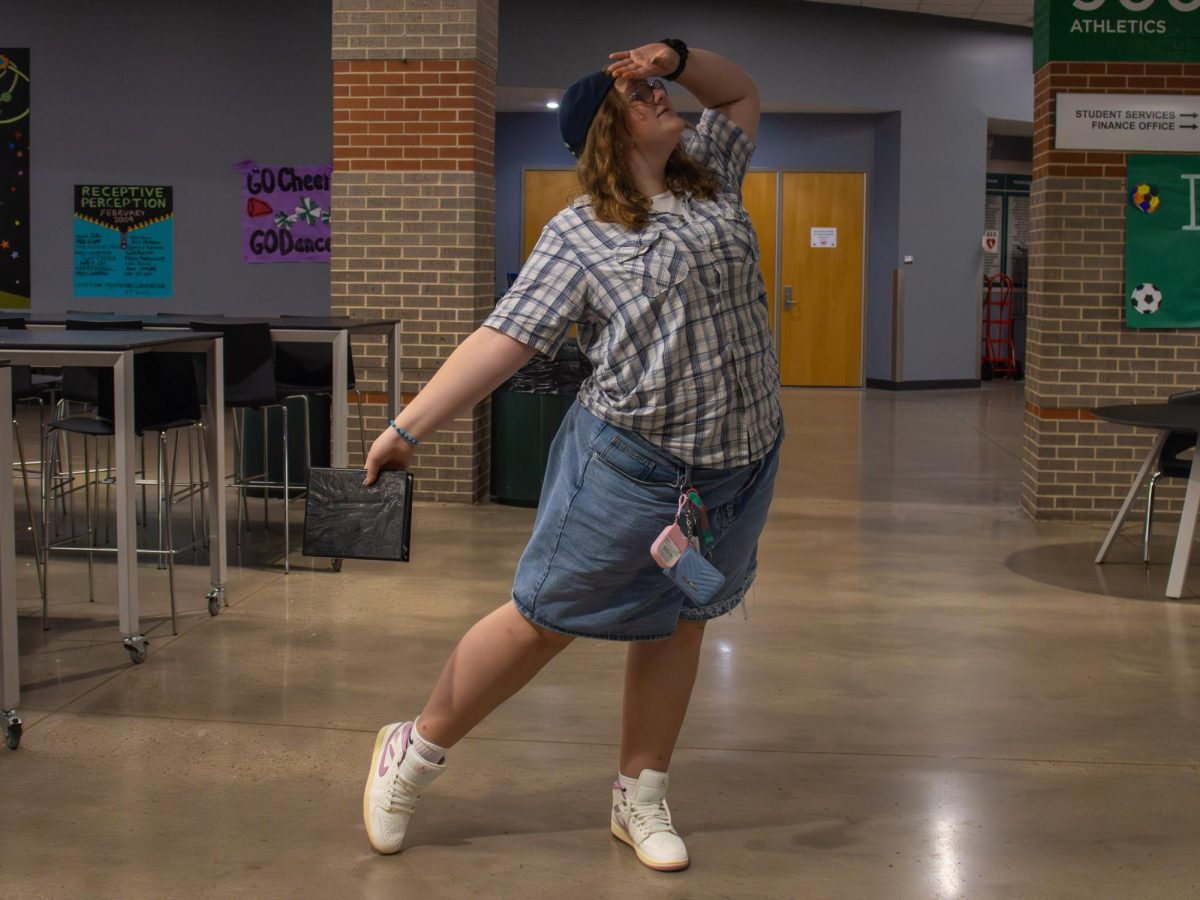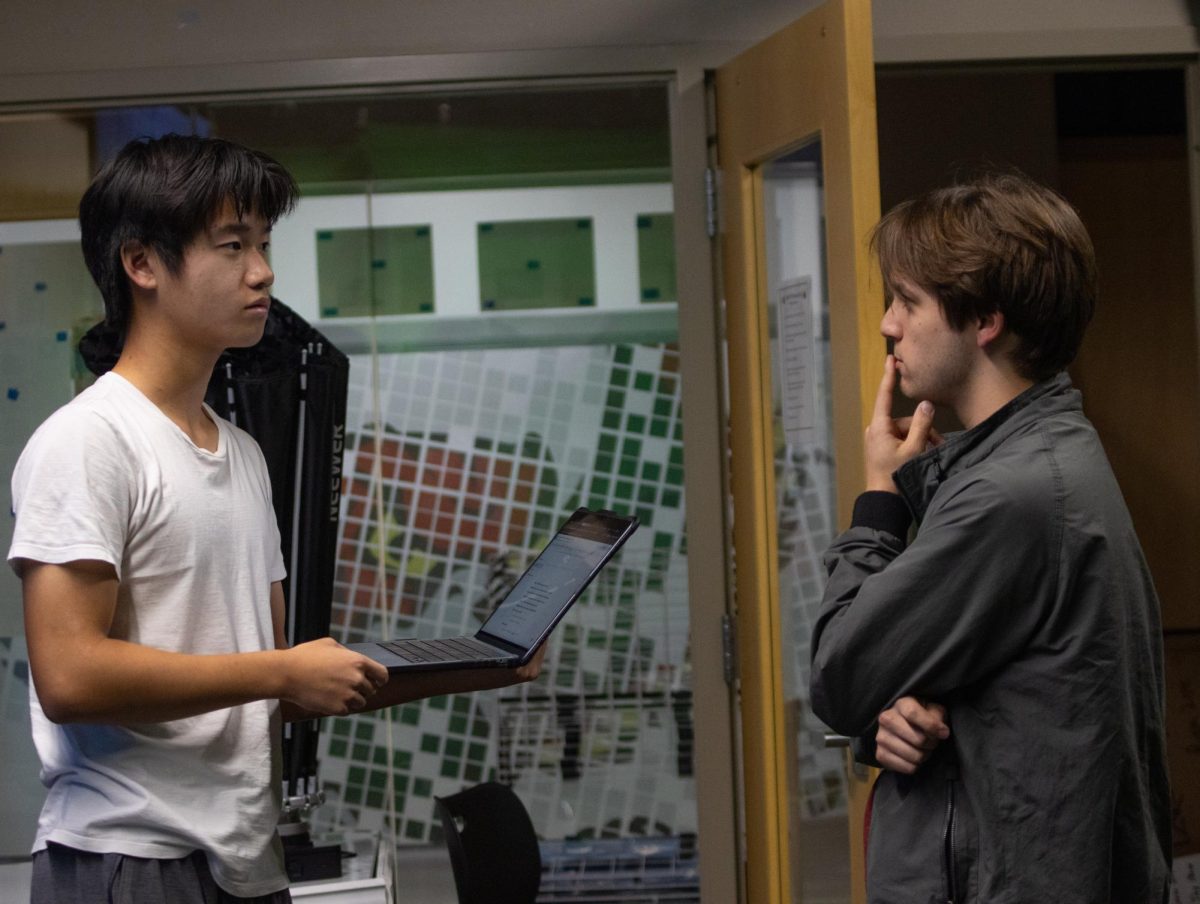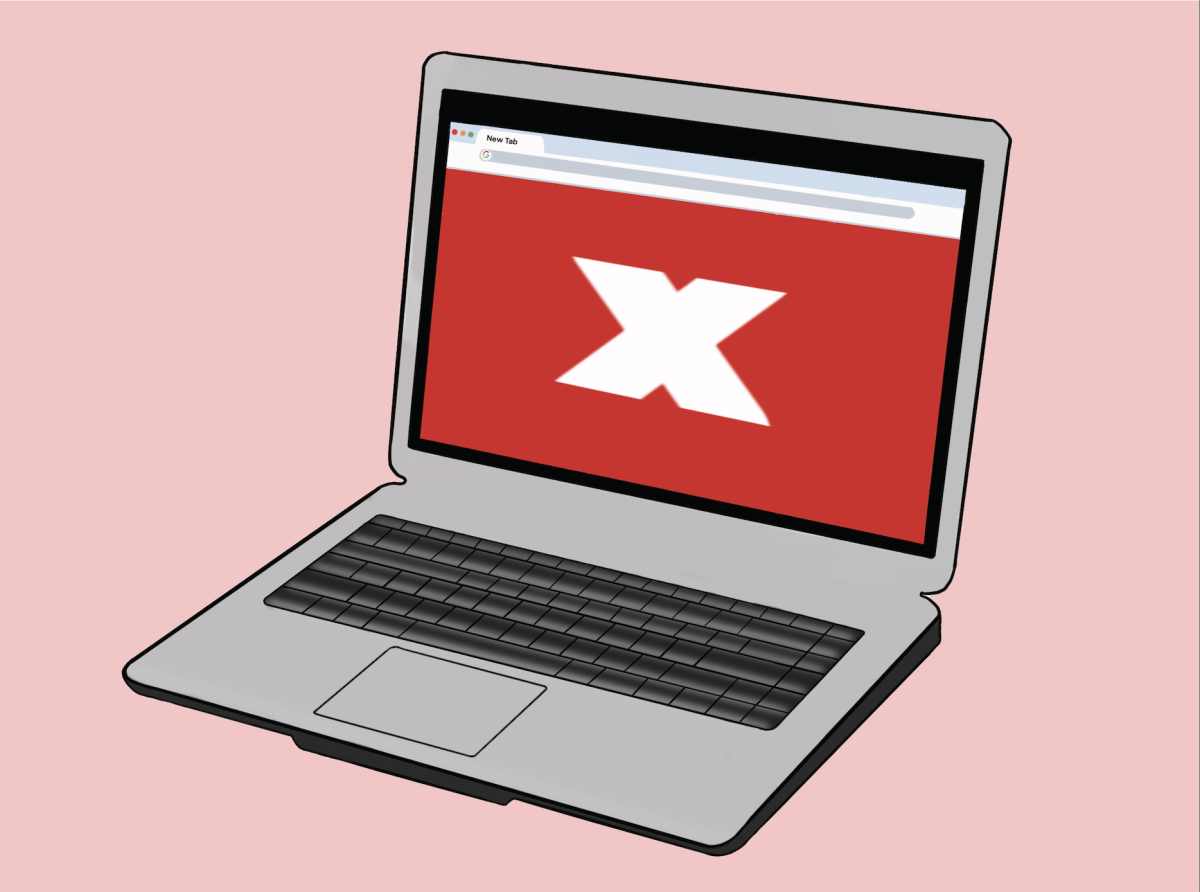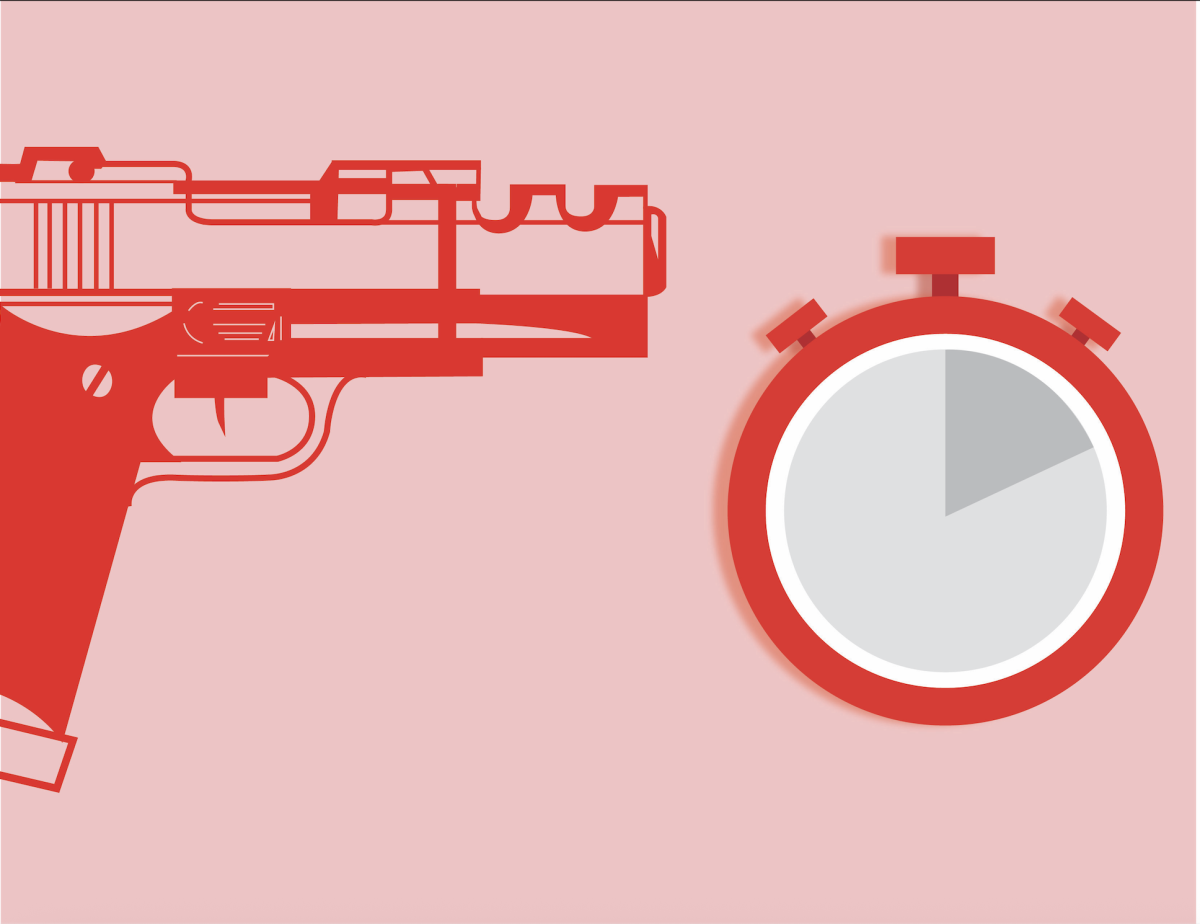Sophomore Allen Shao said that while many students turn to technology to alleviate boredom during summer break, the negative effects of increased screen time often outweigh the benefits.
“Excessive screen time will always negatively impact mental health, and the fact that summer break allows students to have so much free time only exacerbates the issue,” Shao says. “Many studies have also shown that an excessive use of technology leads to worsened mental health, emotional and behavioral problems, and lackluster social skills.”
To confront this issue in his own life, Shao took steps to limit his digital consumption starting with deleting one of the most popular apps amongst teens.
“I deleted TikTok because I realized I had an over reliance on it for entertainment. For the two months I had it deleted, I often felt a craving to redownload it,” Shao said. “However, I would say getting rid of it certainly had some positive effects on me, like being more focused or calm.”
Similarly, senior Pryce Brinkerhoff sees increased technology use not just as a summer habit, but as a potential source of long-term dependency.
But even for those aware of the drawbacks, taking a digital break isn’t easy. Sophomore Moses Minor said that social pressure often keeps students tethered to their screens.
“The hardest thing about taking a digital break is that it makes kids feel like they’re missing out when they could really be making memories not on a screen,” Minor said.
Shao acknowledged that in a generation where everything is online, it’s hard to say goodbye to the apps that connect us to friends, communities, and our interests. Still, he believes balance is worth striving for.
“I think encouraging digital detoxes would be great as the positive effects of decreasing screen time are immense,” he said.



